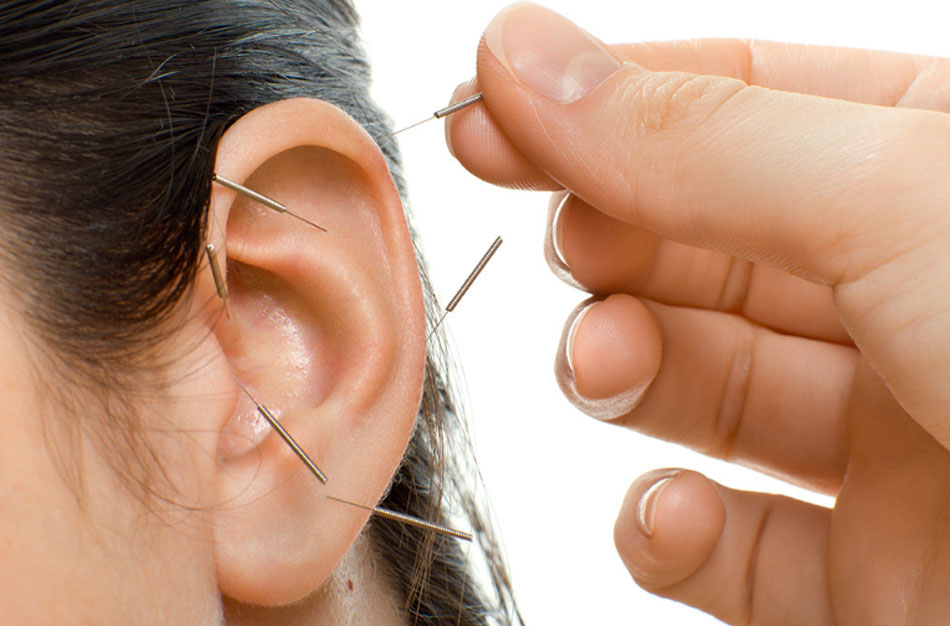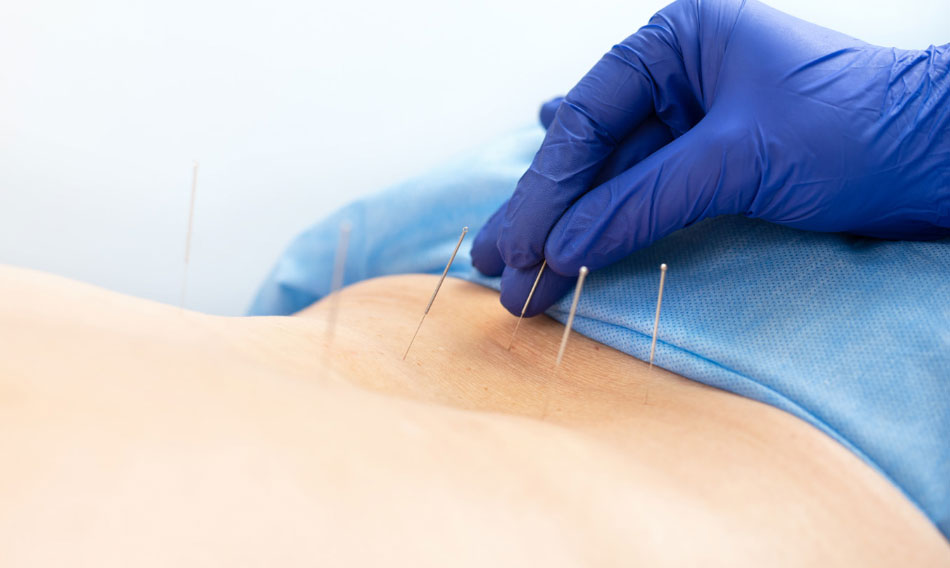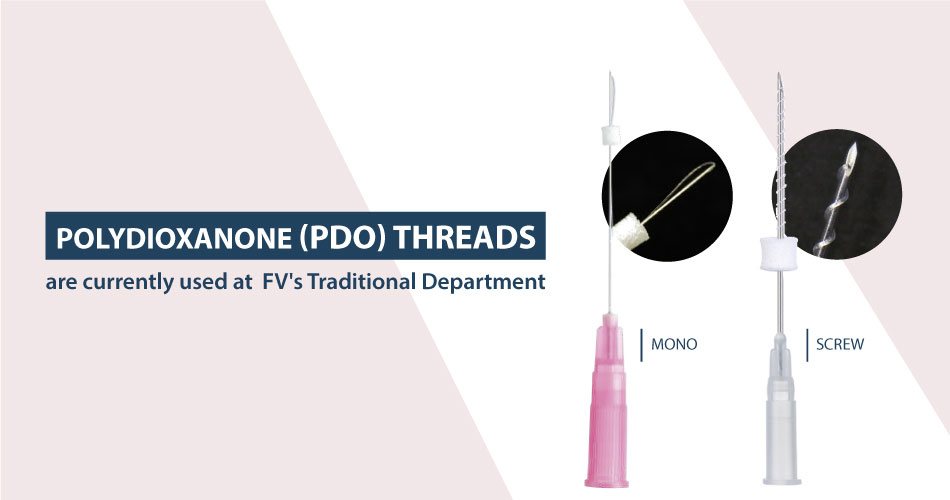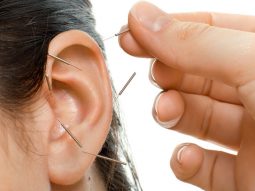WHAT IS ACUPUNCTURE?
Acupuncture is a component of traditional Chinese medicine that has been used for over 2,000 years. It is a method of inserting thin sterile needles at strategic points (‘acupoints’) into the body, most commonly used to treat pain. Increasingly, it is being used for overall wellness, including stress management. Electrical stimulation may be used in some cases with the needles.
Acupuncture must be performed by a qualified and trained specialist.

HOW DOES ACUPUNCTURE WORK?
The main idea of acupuncture is that vital energy called Qi (pronounced ‘chee’) flows through the body along pathways called meridians. Pain results when the flow of Qi becomes blocked. Acupuncture helps the Qi flow more easily.
Western research shows that acupuncture stimulates the nervous system to release natural substances (like endorphins) that reduce pain and may help change how the brain perceives the pain.
WHY IS IT DONE?
Acupuncture is used mainly to relieve discomfort associated with a variety of diseases and conditions, including:
- Low back pain
- Neck pain
- Osteoarthritis
- Headaches, including tension-type headaches and migraines
- Dental pain
- Labour pain
- Menstrual cramps
- In patients treated for cancer, acupuncture is used to treat chemotherapy-induced nausea and vomiting, cancer-related pain, xerostomia (dry mouth), anxiety, and other symptoms
- Post-operative nausea
- Respiratory disorders, such as allergic rhinitis, sinusitis
- Irritable bowel syndrome
- Anxiety, depression, insomnia
- Smoking cessation.
HOW IS IT PERFORMED?
The initial acupuncture session may take up to 60 minutes. Subsequent appointments usually take about a half-hour. A common treatment plan would typically involve several sessions a week with the number of sessions depending on the condition being treated and its severity. The treatment plan may have to be repeated.
Needle insertion
Acupuncture needles are inserted to various depths at strategic points on your body. The needles are very thin, so insertion usually causes little discomfort. People often don’t feel them inserted at all. Between 5 and 20 needles are used in a typical treatment. You may feel a mild aching sensation when a needle reaches the correct depth.
Needle manipulation
Your practitioner may gently move or twirl the needles after placement or apply heat or mild electrical pulses to the needles.
Needle removal
In most cases, the needles remain in place for 10 to 20 minutes while you lie still and relax. There is usually no discomfort when the needles are removed.

DOES IT HURT?
Acupuncture needles are very thin, close to the thickness of a human hair. Most people feel no pain.
AFTER THE PROCEDURE
Some people feel relaxed and others feel energized after an acupuncture treatment. But not everyone responds to acupuncture. If your symptoms don’t begin to improve within a few weeks, acupuncture may not be right for you.

ACUPOINT CATGUT EMBEDDING (ACE) THERAPY AND THREAD EMBEDDING ACUPUNCTURE (TEA)
ACE and TEA are special types of acupuncture. ACE involves the implantation of absorbable catgut sutures at traditional Chinese meridian acupoints while TEA involves the use of a specially designed device for the insertion of absorbable thread (usually polydioxanone) at acupoints. Both techniques, by providing continuous stimulation, produce long-lasting acupuncture effects. The number of sessions can thus be reduced and done less frequently compared to classic acupuncture.
These techniques are particularly indicated for the treatment of low back pain, neck pain and other musculoskeletal pain conditions, and as a treatment for obesity.
IS ACUPUNCTURE SAFE?
Yes, acupuncture is safe because we use sterile, disposable needles. Possible risks from acupuncture include but are not limited to slight bleeding, bruising, swelling, skin infection, headache and fainting. People may also experience a temporary increase of pain during and/or following the treatment. If electricity is used, only a very small amount of current is used and it is very safe. You may feel a pulsating or mild tingling.
It’s generally safe to have acupuncture when you’re pregnant. However, let your acupuncture practitioner know if you’re pregnant because certain acupuncture points cannot be used safely during pregnancy.
Let your acupuncture practitioner know if you have a pacemaker because applying mild electrical pulses to the needles can interfere with a pacemaker’s operation, and if you have a bleeding disorder or are taking blood thinners.

 Vi
Vi 










